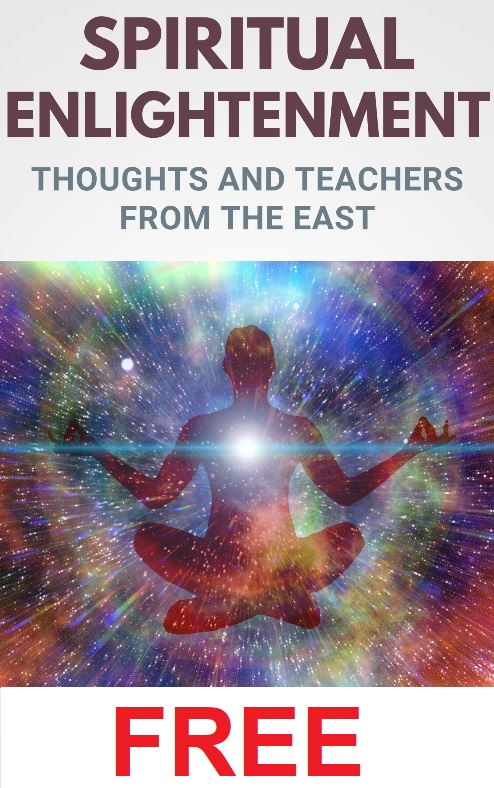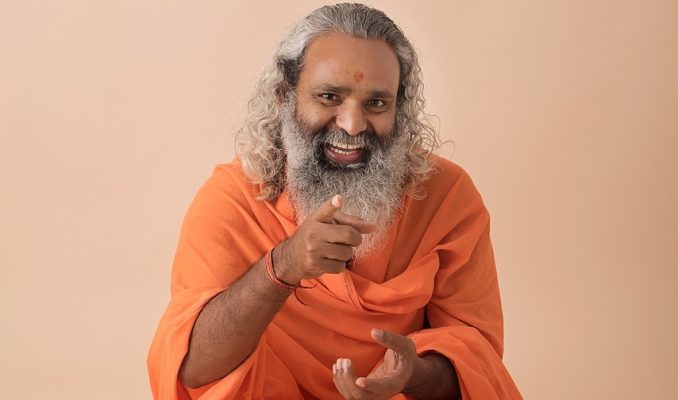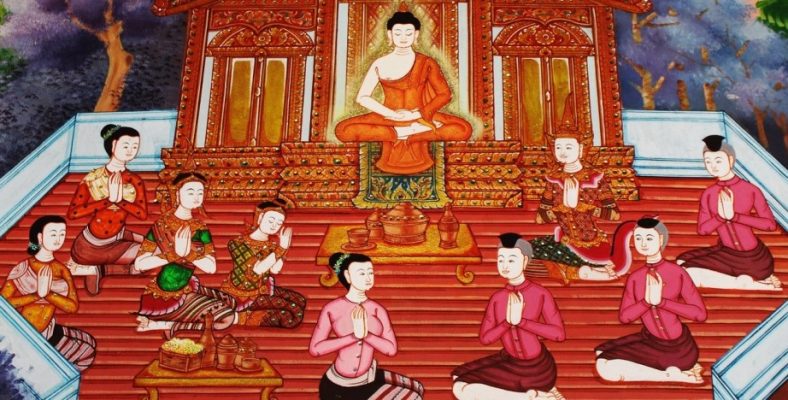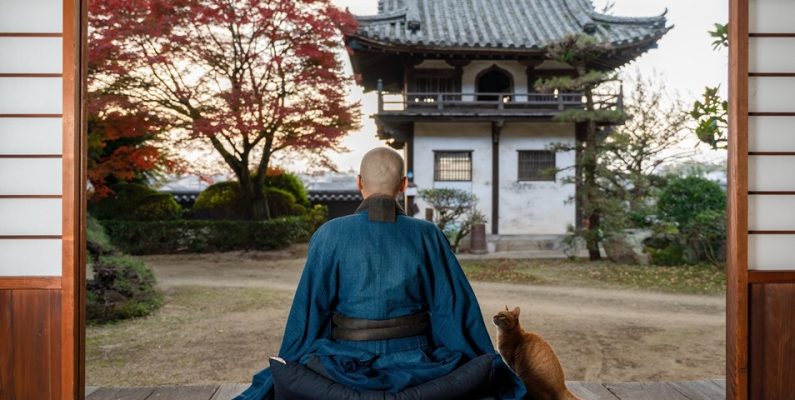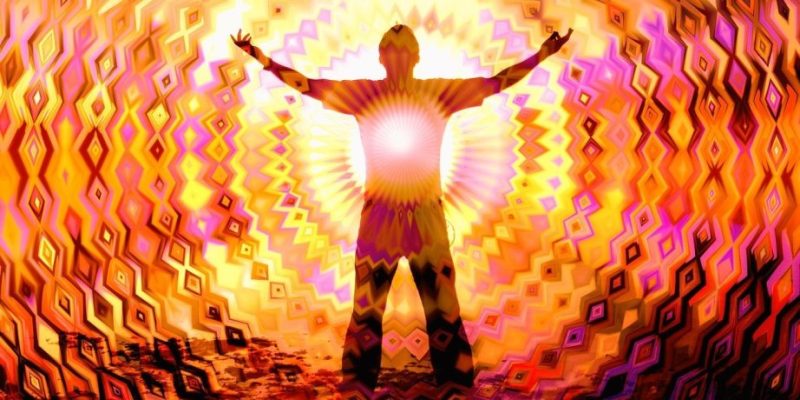
What exactly the characteristics are of the Jnani — the spiritual enlightened one — is a question often asked by Advaita Vedanta aspirants i.e. Advaitins or spiritual seekers.
In fact, Advaitins want to know what it is they actually desire, and they want to be able to “recognize” the “state of being” when they themselves will be enlightened or spiritually awakened.

Having said that, let’s first take a look at the meaning of the Sanskrit word “Jnani,” which is sometimes also written as “Gnani.”
In the Sanskrit language the meaning is fairly simple and clear: a Jnani or Jnanin — in the context of spirituality — is defined as a sage or a wise person, one who possesses higher spiritual knowledge. This higher, transcendental knowledge is called Jnana, as in Jnana Yoga.
In Advaita, it’s thought that the Jnani is one who has realized the True Self, that is, the direct, living knowledge of the sameness of Atman and Brahman. The Jnani is a “liberated one,” liberated from incorrect attachment to the “I” or Ego, one who has attained knowledge of the transcendental Absolute, and moreover, is the Absolute, the Eternal Witness.
The Jnani doesn’t necessarily takes up the role of a Guru (spiritual teacher), doesn’t necessary help others to attain the Jnani-state, that is, Jnanis may live their lives without others knowing that they are Jnanis. They may reveal that they are Jnanis, or the may not.
On the outside, in public life, the Jnani can be anyone; a politician, a gardener, or a Guru, a philosopher, an office assistant, a film star, and whatnot. It’s believed that the personality of the Jnani doesn’t automatically change on the outside, and that there’s some kind of Karmic load that needs to have its way in the rest of the life of the Jnani. Additionally, for “personal” or other reasons the Jnani may assume a certain “identity.”
Nevertheless, when the question is asked to (supposed) Jnanis, they often explain that the “state of the Jnani” is rather a deep inner experience and conviction. It’s described as a “state of being” that’s characterized by profound peace, certainty, happiness, silence, calmness, one in which everything happens as it should happen, and the end of fear of life and dead.
It’s said to be the absence of the feeling of being a “doer” and “deeds done.” Life and the world take their course as a play on a stage, and the Jnani typically experiences that as a kind of dream, not essentially part of his or her core. It’s like looking from a distance through binoculars at the stage of a dramatic opera.

Furthermore, the Jnani doesn’t go around thinking all day long “I am a Jnani, I am enlightened.” This is just as we don’t go about saying “I am a human being, I am a human being.” Additionally, there’s no sovereign “I” that’s liberated or enlightened, because that would imply duality where there is none; in fact, there was never an actual “I” anyhow.
Hence, Jnanis can actually never honestly assert their Jnani-ness. Moreover, Jnanis don’t really know that and how they’re Jnanis (they rather know that they’re not an independent person or entity, or separated body-mind phenomenon), and they have no way of properly describing “their state of being.”
As there’s no “experiencer” any longer in the Jnani-state, and as such nothing “to be experienced,” there’s only “experiencing” itself, if one could call it that. Then, logically seen, nothing can be said about an experience without an “experiencer” because there’s no-body there to tell about it.
Nevertheless, the Jnani may express joy, sorrow, anger, irritation, activity, happiness, and so on, just like any “normal” person. The body-mind person is still there as a “play in consciousness” but on a deeper inner level the Jnani typically asserts not to be affected by it (i.e. not being attached to the “persona”).
And to put it in the words of Sri Nisargadatta Maharaj: “The Jnani is the supreme and also the witness. He is both being and awareness. In relation to consciousness he is awareness. In relation to the universe he is pure being.”

